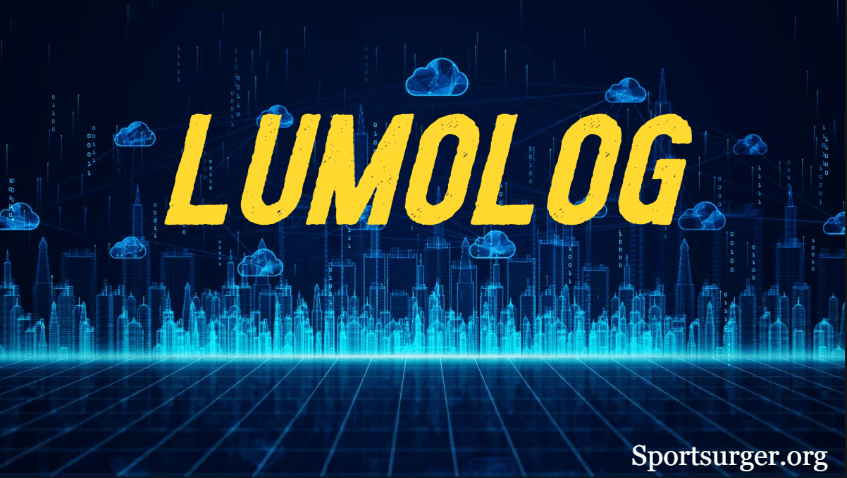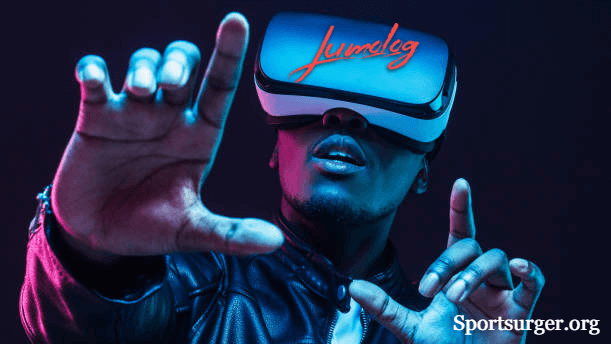Introduction
In an age where innovation outpaces tradition, the entertainment industry has undergone a profound transformation.
With changing consumer behaviors, rapid advancements in technology, and a strong push towards immersive, personalized experiences, keeping up with the trends is no longer optional—it’s essential.
Enter Lumolog—a conceptual framework and digital platform that symbolizes the fusion of technology, storytelling, and audience interactivity in today’s evolving entertainment ecosystem. In this ultimate guide, we break down the new entertainment trends Lumolog encapsulates and explain how they are redefining the future of entertainment in a user-centric, tech-driven world.
What Is Lumolog?

The term “Lumolog” combines the Latin root “lumen” (light, clarity) with “log” (record or logic), reflecting a system that illuminates and documents emerging entertainment patterns.
Lumolog represents:
- A lens to view entertainment shifts
- A toolkit for content creators and tech developers
- A guide for consumers navigating modern entertainment
Rather than being a single product, Lumolog is a framework that helps identify, classify, and adopt cutting-edge trends in entertainment.
Core Pillars of New Entertainment Trends Lumolog
To understand Lumolog fully, we need to explore the six core pillars that define modern entertainment today:
1. Immersive Technologies: AR, VR, and XR
Immersion is now a key demand. Augmented Reality (AR), Virtual Reality (VR), and Extended Reality (XR) are driving experiences that blur the line between digital and physical.
How It’s Changing Entertainment:
- AR-enhanced concerts with interactive visuals
- VR storytelling in gaming and filmmaking
- XR exhibitions in digital art galleries and museums
Stat to Know: According to Statista, the AR/VR market is projected to reach $52 billion by 2027.
2. Interactive Storytelling and Gamification
Modern audiences want to participate, not just consume. Interactive storytelling allows users to shape the narrative, choose outcomes, and explore multi-linear paths.
Real-World Examples:
- Netflix’s Bandersnatch: Viewers choose story outcomes
- TikTok’s interactive series with audience voting
- Story-driven mobile games blending narrative and gameplay
Why It Matters:
Engagement soars when users are co-creators. This boosts retention and creates emotional investment in content.
3. AI-Generated and Personalized Content
With AI tools like ChatGPT, Midjourney, and Sora, personalized, on-demand content creation is exploding.
Trending Applications:
- AI-generated scripts and animations
- Personalized playlists and movie recommendations
- AI influencers and virtual characters
Data Point: Deloitte reports that 75% of Gen Z expect digital experiences to be tailored to their preferences.
4. Social-Driven Experiences and Community Content
Social media isn’t just a marketing channel—it’s a content platform.
Trends Under This Pillar:
- Collaborative content on TikTok, Reels, and YouTube Shorts
- Fandom-based storytelling (e.g., Wattpad to Netflix pipelines)
- Crowdsourced productions (fan edits, trailers, mashups)
Takeaway: Platforms are no longer gatekeepers. Communities drive content creation, validation, and virality.
5. Decentralized and Blockchain-Based Entertainment
Web3 introduces ownership, transparency, and monetization through blockchain.
Key Features:
- NFT-based collectibles for shows/games
- Smart contracts for artist royalties
- Decentralized film funding through DAOs
This trend is especially appealing to independent creators looking for control over their IP.
6. Sustainable and Purpose-Driven Content
Audiences now demand ethical, inclusive, and sustainable storytelling.
Examples Include:
- Documentaries on climate change and social justice
- Eco-conscious film sets and production houses
- Diverse casting and representation mandates
This trend reflects a shift toward meaningful content with societal impact.
Content Evolution Through Lumolog Lens
Here’s how content categories are evolving under the Lumolog framework:
| Traditional Format | Lumolog-Driven Format | Key Impact |
| Linear TV Shows | Interactive Series & Multiverse Plots | User autonomy & engagement |
| Theater Performances | VR Theatre & AR-enhanced Stageplays | Accessibility & immersion |
| Music Albums | NFT Albums, AI DJs, Immersive Concerts | Ownership & sensory richness |
| Journalism | 360-Degree Newsrooms, Hologram Anchors | Engagement & credibility |
| Gaming | Metaverse integration, Story-first Game Design | Narratives and social storytelling |
Why These New Entertainment Trends Matter
1. Audience Expectation Has Shifted
Digital natives expect seamless interactivity, real-time engagement, and hyper-personalization.
2. Creators Need Better Tools and Monetization Paths
New platforms empower creators to:
- Own their content
- Monetize directly
- Reach niche audiences globally
3. Entertainment Is Now Multi-Dimensional
It’s no longer about passive consumption—it’s about experiential ecosystems that live across screens, physical spaces, and virtual worlds.
Implementing the Lumolog Framework
Step 1: Audience Profiling
Understand your target’s:
- Tech savviness
- Content preferences
- Platform behavior
Step 2: Experiment with Technology
Use tools like:
- Unity or Unreal Engine for VR
- AI story generators
- NFT minting platforms
Step 3: Prioritize Story, Then Tools
Technology should enhance the narrative—not replace it. Lead with story depth.
Step 4: Co-Create with the Audience
Run polls, invite fan fiction, or launch collaborative story campaigns. It builds loyalty.
Expert Opinions on Lumolog Trends
“Entertainment is no longer bound by form. It’s bound by imagination—and Lumolog provides the map.”
— Dr. Elena Foster, Digital Culture Researcher, NYU
“From AI to blockchain, we’re watching entertainment become decentralized, democratized, and deeply personalized. Lumolog captures that evolution perfectly.”
— Rakesh Patel, CTO at CreatiVerse Labs
The Future Outlook of Entertainment Through Lumolog
The next decade will see:
- Voice-generated films and content via speech
- Sensory-enhanced experiences through haptics and wearables
- Hybrid spaces (digital concerts with physical components)
- Intelligent recommendation systems based on emotions and biometrics
Actionable Tip: Businesses should start investing in immersive tech talent and multi-format content strategies today.
Conclusion
The ultimate guide to new entertainment trends, Lumolog isn’t just a glimpse into the future—it’s a call to action. Entertainment today is no longer defined by format or channel but by experience, connection, and innovation.
Whether you’re a content creator, a media entrepreneur, or an audience member looking to stay ahead, understanding and adopting Lumolog principles will keep you relevant in this ever-evolving landscape.
In a world where attention is currency, Lumolog is your map to relevance, creativity, and growth.
FAQs
What is Lumolog in the context of entertainment trends?
Lumolog is a conceptual guide that captures and explains emerging entertainment trends through technology, audience behavior, and storytelling shifts.
How does Lumolog help creators and businesses?
It provides a framework to understand audience preferences, adopt relevant tech, and produce engaging, future-proof content.
What industries benefit from Lumolog trends?
Film, music, gaming, publishing, live events, advertising, and education—essentially any industry using media to engage audiences.
Are these trends limited to younger generations?
While Gen Z and Millennials lead adoption, immersive and personalized experiences are gaining traction across all age groups.
What’s the most important trend within Lumolog?
While all are important, interactivity and personalization have the most universal and immediate impact.

